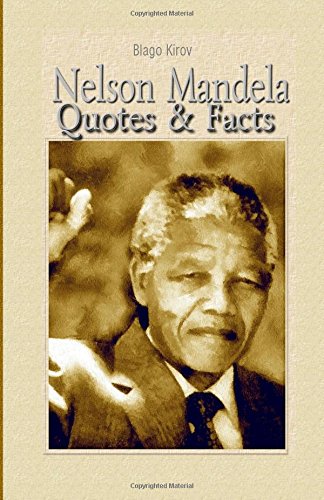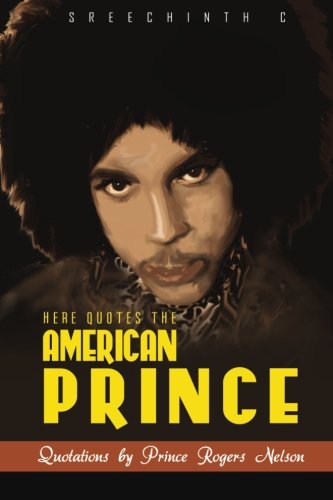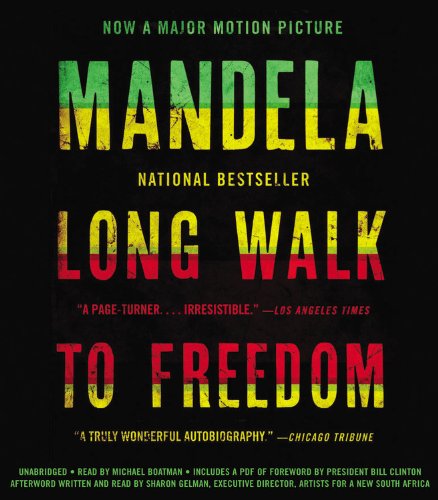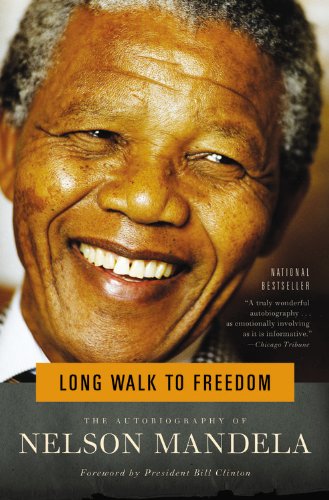
This book is an anthology of 141 quotes from Nelson Mandela and 88 selected facts about Nelson Mandela. Nelson Mandela was a Christian. The Mandela clan came from royalty. His great-grandfather was ruler of the Thembu people in South Africa’s modern Eastern Cape Province. Mandela’s father had four wives. Mandela is the youngest of all of the sons that his father had; he is the only one surviving. Nelson Mandela once worked as a guard at a mine. Nelson Mandela allowed his chef to publish a cookbook of his favorite meals: farm chicken, tripe and sour milk are some of his favorite things to eat. After he was separated from his second wife, Winnie Madikizela-Mandela, Nelson Mandela asked struggle stalwart Amina Cachalia, with whom he had a long relationship, to marry him but she turned him down. Nelson Mandela was married 3 times and had 6 children. Nelson Mandela had 17 grandchildren and many great-grandchildren. When Nelson Mandela was first elected president of South Africa, a local newspaper ran a quote of his in front-page bold type: “I’M NOT MESSIAH.” Nelson Mandela was the first black president of the Republic of South Africa (1994 – 1999). “I am the master of my fate and the captain of my destiny.” “A good head and a good heart are always a formidable combination.” “As I walked out the door toward the gate that would lead to my freedom, I knew if I didn’t leave my bitterness and hatred behind, I’d still be in prison.” “Resentment is like drinking poison and then hoping it will kill your enemies.” “A freedom fighter learns the hard way that it is the oppressor, who defines the nature of the struggle, and the oppressed is often left no recourse but to use methods that mirror those of the oppressor. At a point, one can only fight fire with fire” “A good head and good heart are always a formidable combination. But when you add to that a literate tongue or pen, then you have something very special.” “A leader is like a shepherd. He stays behind the flock, letting the most nimble go out ahead, whereupon the others follow, not realizing that all along they are being directed from behind.” “A Nation should not be judged by how it treats its highest citizens, but it’s lowest ones” “After climbing a great hill, one only finds that there are many more hills to climb.”




